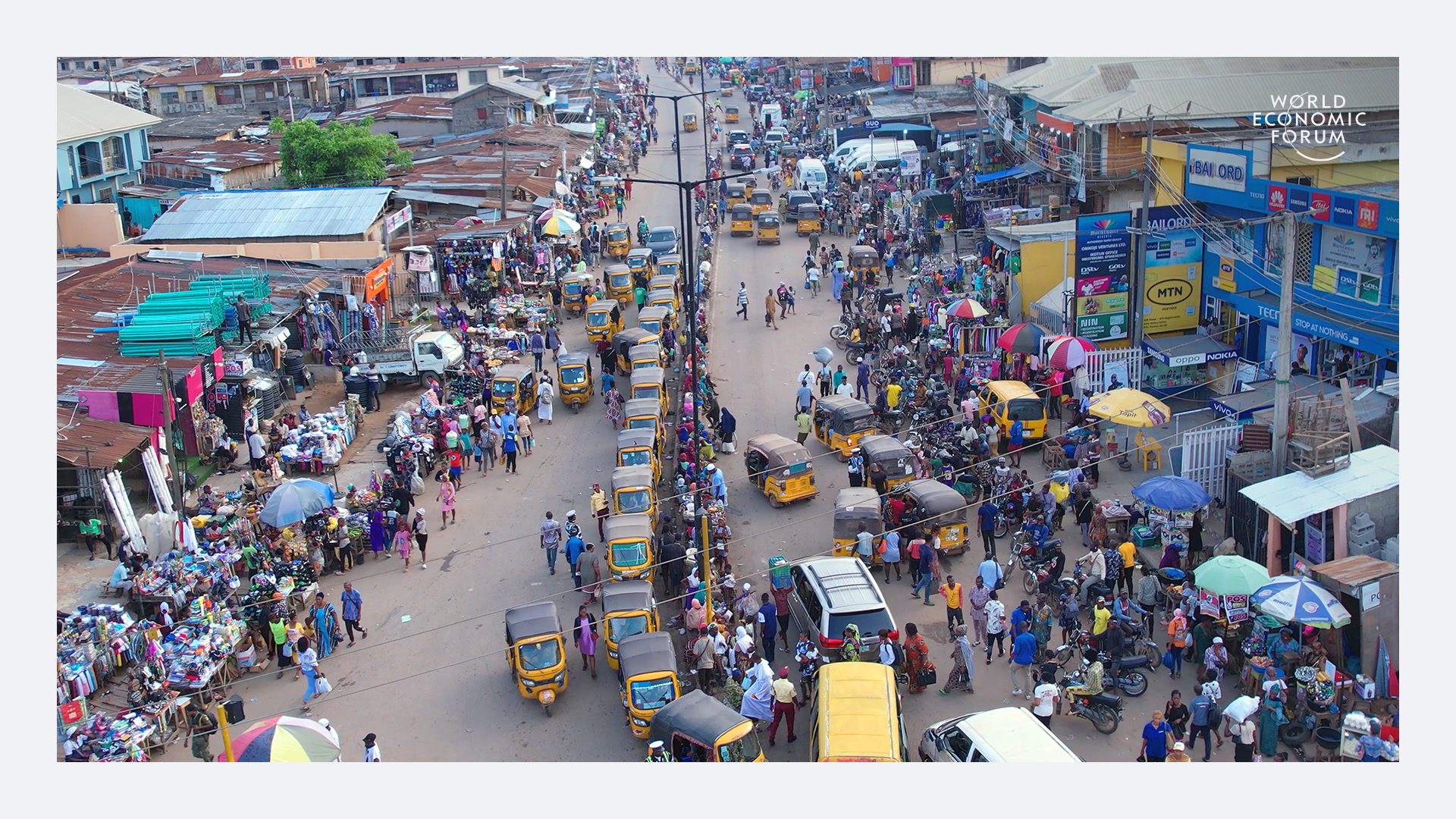Six targets for trade in a post-COVID world

Cranes and containers are seen at the Yantian port in Shenzhen, following the novel coronavirus disease (COVID-19) outbreak, Guangdong province, China May 17, 2020. Image: REUTERS/Martin Pollard
Sean Doherty
Head, International Trade and Investment; Member of the Executive Committee, World Economic Forum
Get involved with our crowdsourced digital platform to deliver impact at scale
Stay up to date:
Economic Progress
COVID-19 lockdown measures hit aspects of trade hard. Merchandise trade volumes shrank by 3% in the first quarter of 2020, compared to the previous year average and estimates suggest an 18.5% drop for the second quarter. Services trade has been hampered by transport, travel and physical contact restrictions.
Certain pockets of demand, however, have surged – such as trade in medical equipment or videoconferencing and cloud services. Foreign direct investment is expected to fall drastically, but could rebound in 2022.
Governments and businesses must both shape effective trade responses to the immediate crisis and look to the future. Here are six issues our communities want conversations over trade to address:
1. Real resilience
Some governments have been talking, even before COVID-19, about a push towards reshoring and decoupling production. However, robust supply chains require a mix of local stock and diverse sources of supply. Creating fragility through misguided protectionism would be unwise.
2. Subsidies and industrial policy
Governments have injected trillions of dollars of stimulus to keep economies afloat in recent months. These interventions can help save jobs or drive a green transition but they can also create negative spill-overs. Principles for well-designed government intervention should help governments achieve the impact they want, while keeping a level playing field and avoiding waste.
3. Including Everyone
COVID-19 has brought jumps in unemployment and highlighted inequalities. Trade stakeholders will need to grapple seriously with flanking policy areas of social protection and taxation. SMEs and disadvantaged populations will need special help to benefit from global markets.
4. Green trade
To rebuild greener economies following the COVID-19 crisis, we need not only to avoid conflict between trade and climate policies, but to actively bring worldwide leverage in global value chains to slash environmental damage.
Heads of state also pledged through the UN Sustainable Development Goal (SDG) 14 to conclude a WTO deal banning subsidies for harmful fisheries by 2020. A deal is sorely needed to deliver a healthy ocean for the future.
5. Simplification
Trade and investment remain inordinately complex. As we rethink and digitise, streamlining processes and making information easier to find will pay off.
6. Services regulation
Digital services have kept many of us connected during the pandemic. Barriers to these and other services need to come down. For this we need to build trust in each others’ regulations and the global digital economy, not least in data governance and online consumer protection.
We will be discussing these issues and more during Trade Multistakeholder Conversation 2020 – a day of virtual trade conversations hosted by the World Economic Forum among a diverse range of actors, from the business community and civil society to government officials. And don’t miss a series of affiliated sessions run by partners.
COVID-19 has added severe challenges to an international trade regime already strained by geopolitical, societal, economic and environmental tensions. These tensions will not be solved through less collaboration. The pandemic raises the bar for practical, targeted trade interventions that will help people and the planet thrive.
Don't miss any update on this topic
Create a free account and access your personalized content collection with our latest publications and analyses.
License and Republishing
World Economic Forum articles may be republished in accordance with the Creative Commons Attribution-NonCommercial-NoDerivatives 4.0 International Public License, and in accordance with our Terms of Use.
The views expressed in this article are those of the author alone and not the World Economic Forum.
The Agenda Weekly
A weekly update of the most important issues driving the global agenda
You can unsubscribe at any time using the link in our emails. For more details, review our privacy policy.
More on Economic GrowthSee all
Joe Myers
April 26, 2024
Simon Freakley
April 26, 2024
Emma Charlton
April 24, 2024
Piyachart "Arm" Isarabhakdee
April 23, 2024
Pooja Chhabria and Kate Whiting
April 23, 2024






